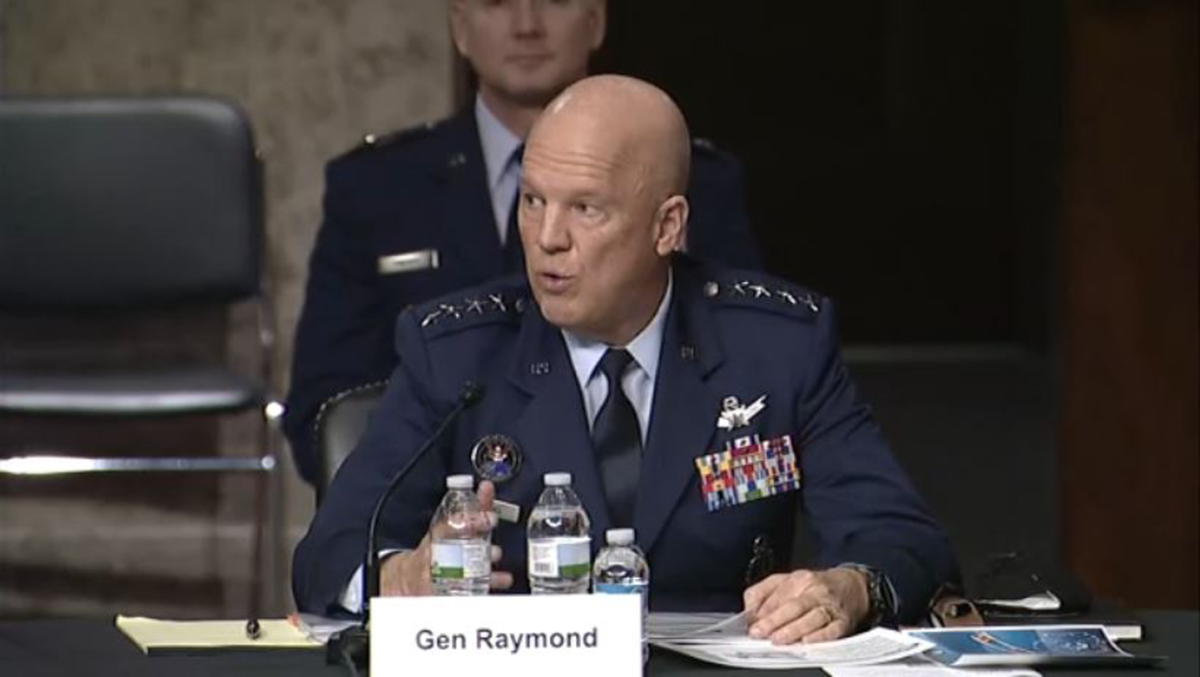Military Witnesses Bash FCC’s Approval of Ligado at Live Senate Committee Hearing
May 6, 2020 – Military officials and legislators urged the Federal Communications Commission to reverse their approval of increased satellite broadband infrastructure development in a Senate Armed Services Committee hearing that took place in person on Wednesday. In April, the FCC authorized the imp










Member discussion